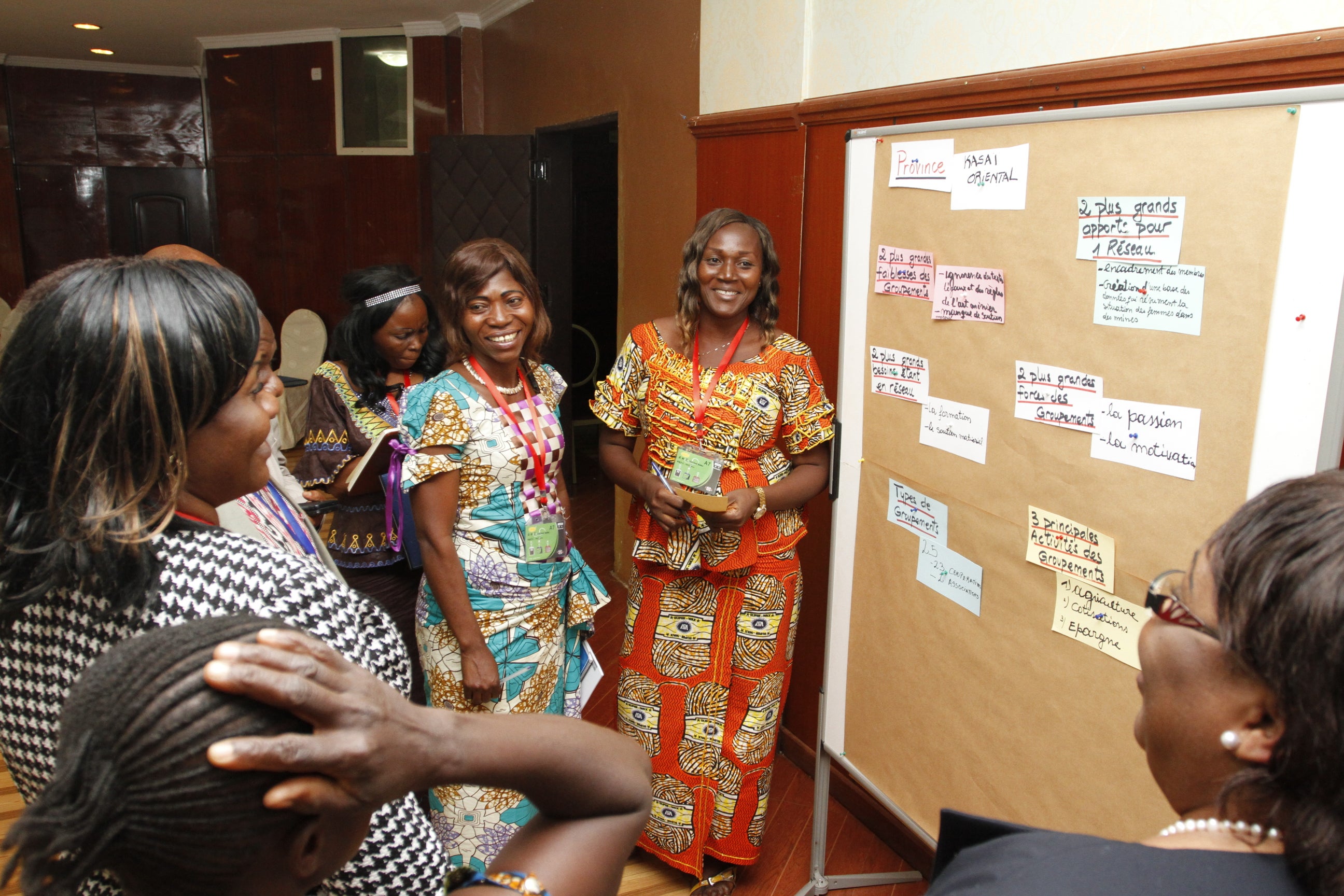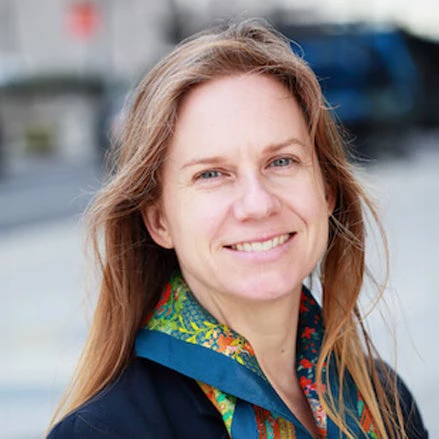Also available in: Français

I recently joined over 150 women who work in the mining sector of the Democratic Republic of Congo (DRC) at a conference sponsored by the World Bank. This was the first national conference ever held in the DRC to discuss women-specific issues in the sector and what can be done to improve their well-being.
Many topics were discussed over the course of the three days. Some of the most compelling came from the personal testimonies shared by the women themselves. For instance, to generate understanding of the challenges these women face, a video showed girls as young as 12 years of age pounding quartz to extract gold. A woman may gain up to 2,000 Congolese Francs per day for this work, which is about US $2. Many women at the conference showed callouses on their hands from continuous years of arduous labor. This is but one example of the impacts suffered from the most physically taxing jobs occupied by women in the artisanal and small-scale mining sub-sector.
One senior governmental official at the conference admitted he was unaware of the severity of the working conditions facing most women in the artisanal mining sub-sector. Increasing awareness will help to tackle the legal and institutional obstacles that reinforce discrimination against women. For example, restrictions placed on women by local authorities to sell their mineral product indirectly through middlemen; or the extreme difficulties women face in gaining mining permits and ownership of mining sites. For the majority of female miners, structural exclusion was felt to be systemic, having the effect of entrenching women in the lowest, least profitable jobs in the mines, and depriving them of bargaining power when it comes to pay and work conditions.
In addition to structural discrimination, violence against women was cited as a common human rights abuse experienced by women. Maman Jeanne Ngoy Mana Muzungu, President of the Women Miners of Djibende, shared her struggles to feed her six children, following her husband’s death in a mining accident. In order to work in the mines herself, she had to buy entry with the mine pit owner by exchanging her body for one night. Her story of sexual transaction resonated with many other women’s personal experiences shared during the conference.
Sharing these stories not only emboldened the women to take action but it also helped them understand that they are not alone. As Mwamikazi Baharanyi Esperance, Provincial Deputy and territorial chief from Twangiza in South Kivu, told me on the last day, “I was surprised to find so many women facing this problem. I thought what was happening in my villages was unique.”
The conference also shared many positive personal stories of women prevailing in the sector. One panel highlighted the stories of three professional women who have risen to national recognition for their work in the mining sector: Yvette Mwanza, Executive Director of African Smelting Group; Bibiche Efomi, legal counsel to Banro Mining Ltd.; and Yasmine Zuma, geologist for an international agency. All assured their peers in the audience that it was possible to succeed in higher echelons of the sector’s value chain—but that this success did not come without sacrifice, determination, focus and courage. They highlighted some keys to their success: acquiring business management skills, becoming fluent in English, gaining a sufficient knowledge of all laws pertaining to mining, and showing an avid interest in understanding the business supply needs of multinational mining companies and international mineral buyers. Encouraging girls from a very early age to study math and sciences was highlighted as critical to ensuring more women can apply for professional jobs with multinational mining companies, international organizations, and the government.
To confront these overwhelming challenges, the women at the conference developed a National Action Plan for the establishment of a “Women in Mining” network in the DRC. The Action Plan focuses on grassroots organization and mobilization to establish a vibrant and broad-based network of women and organizations concerned with the impacts encountered by women in the mining sector. Small-scale savings and revolving loans schemes, and education on women´s rights and responsibilities in the sector, will most likely become pillars of the network’s activities going forward. The network aims to help more women reap sustainable benefits from mining in the future.
This conference was testament to the fact that there is much more work to be done to empower women miners in the DRC. I walked away from the meeting energized to see how the World Bank “Promines” project can better support the DRC Ministry of Mines’ institutional and legal reforms to better tackle some of the discrimination these women suffer.
To read more about some of the issues facing women in the sector, please read the recent report completed by the World Bank and Harvard Humanitarian Initiative


Join the Conversation